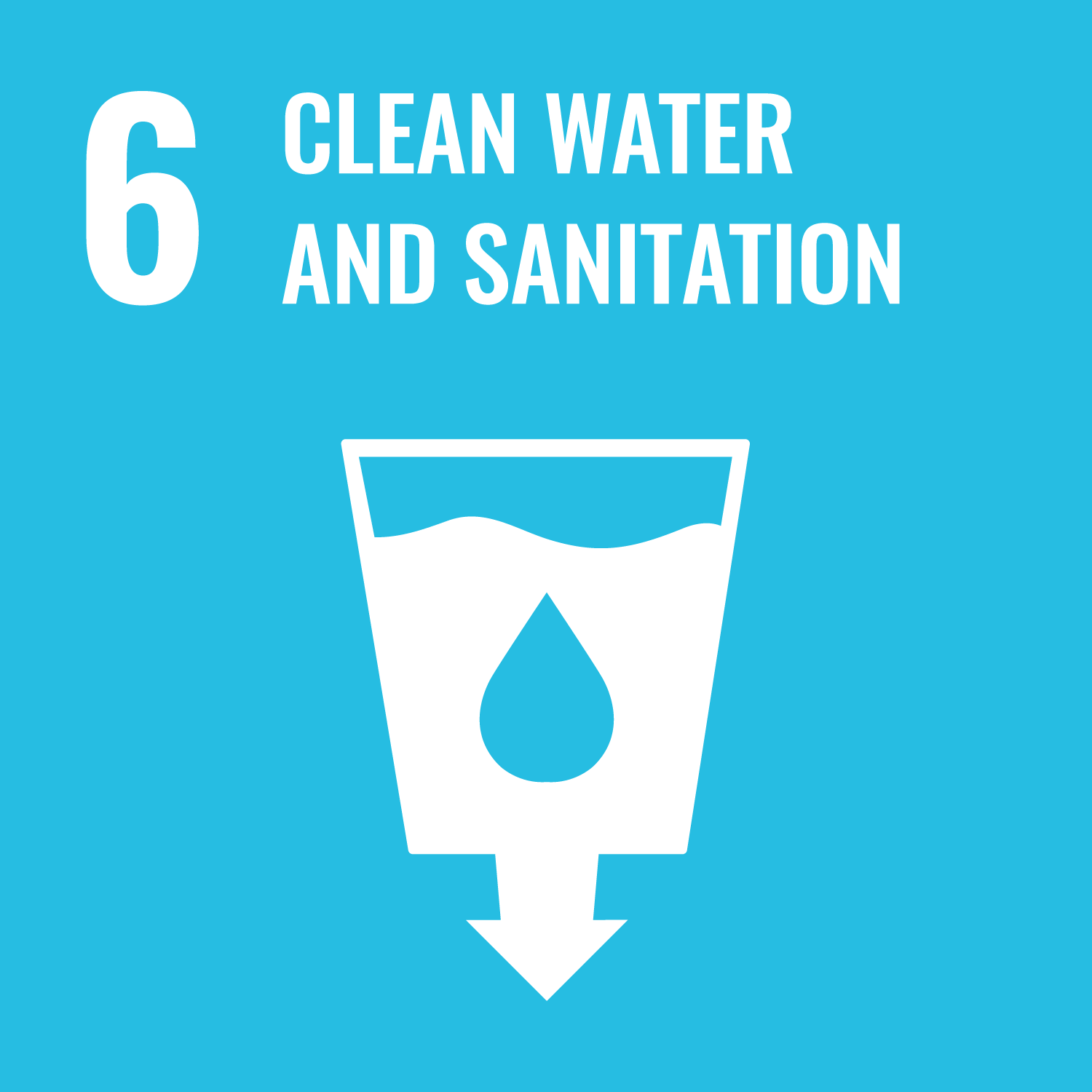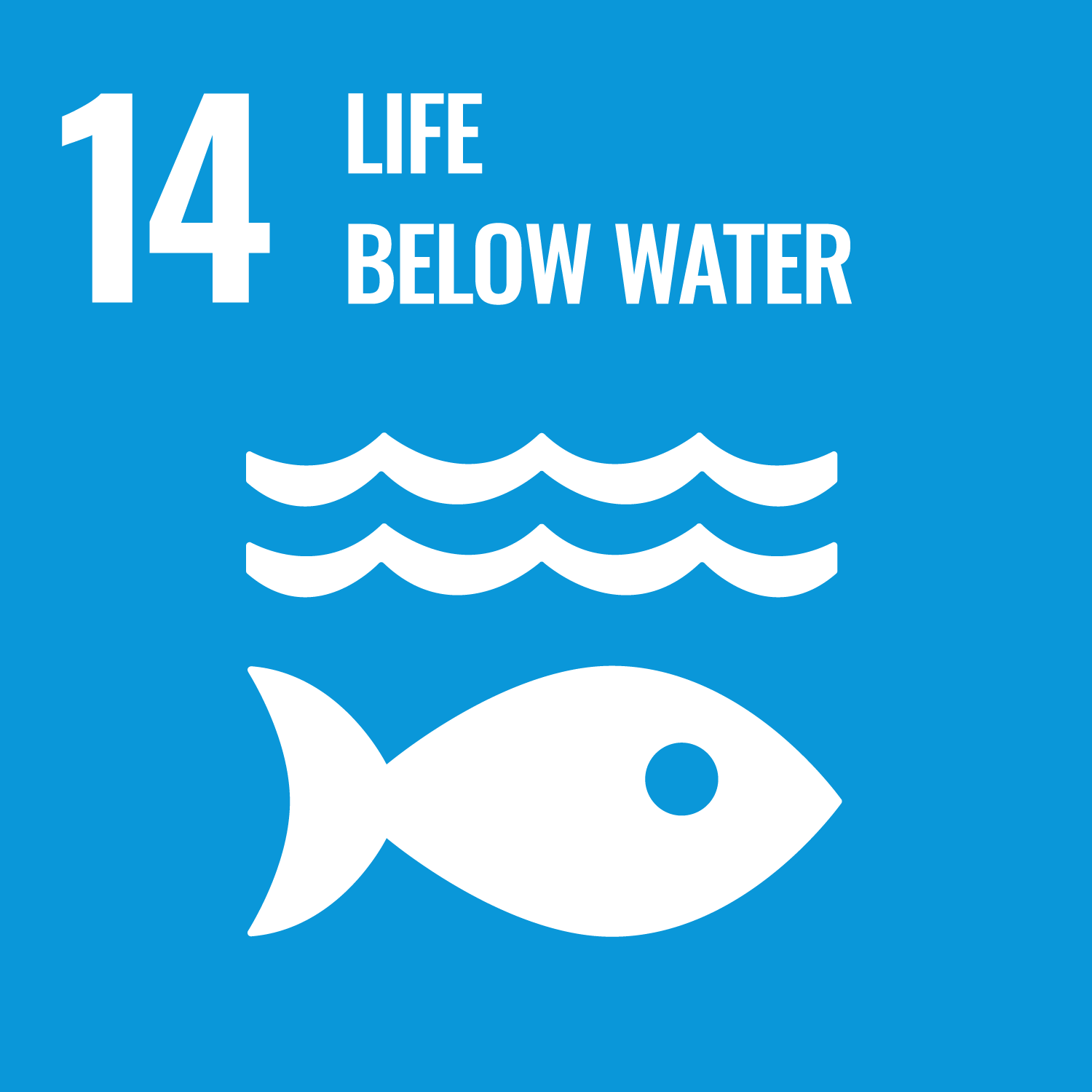Entrepreneurship refers to an entrepreneurial spirit or mindset, not limited to starting a business, but encompassing attitudes,
ideas, and abilities directed toward creating new value for new business development and solving social issues (it's not limited
to the narrow definition of launching a startup venture). In this course, after understanding the basics of entrepreneurship,
students will learn the process of business creation, develop practical abilities to identify "issues" in the real world,
devise "solutions," and formulate "implementation plans (business plans)" to realize them.
As a result of this course, students will develop business ideas in groups and submit them to the SBMC (Shibaura Business Model Competition). The experience and knowledge gained through this process will be highly beneficial for future job hunting and career choices.
As a result of this course, students will develop business ideas in groups and submit them to the SBMC (Shibaura Business Model Competition). The experience and knowledge gained through this process will be highly beneficial for future job hunting and career choices.
This course aims for students to understand the basics of entrepreneurship and develop an "entrepreneurial attitude" and "initiative"
through experiencing the innovation process.
The course aims to help students acquire teamwork, leadership, and the spirit and initiative to challenge new value creation through not only learning case studies and frameworks but also through numerous exercises and group work.
The course aims to help students acquire teamwork, leadership, and the spirit and initiative to challenge new value creation through not only learning case studies and frameworks but also through numerous exercises and group work.
| Goals and objectives | Course Outcomes | |
|---|---|---|
| 1. | Understand what entrepreneurship is and possess the basic attitude to create new value and take risks (Entrepreneurship) | |
| 2. | Identify customers and their issues, and be able to run the hypothesis verification process (Innovation Process) | |
| 3. | Recognize one's role in an organization and contribute to maximizing results (Leadership) | |
| 4. | Devise a new business model and propose it to the Shibaura Business Model Competition (SBMC) |
| Commitment to class | assignment, test | Group activities | Total. | |
|---|---|---|---|---|
| 1. | 10% | 10% | 10% | 30% |
| 2. | 5% | 10% | 10% | 25% |
| 3. | 5% | 10% | 10% | 25% |
| 4. | 10% | 0% | 10% | 20% |
| Total. | 30% | 30% | 40% | - |
| Class schedule | HW assignments (Including preparation and review of the class.) | Amount of Time Required | |
|---|---|---|---|
| 1. | Guidance, Team Building | Prepare for the course and find out what entrepreneurship is. | 70分 |
| Research and respond to assignments | 120分 | ||
| 2. | Innovation and Entrepreneurship | Study about the innovation theories | 70分 |
| Research and respond to assignments | 190分 | ||
| 3. | Visioning Process and Identifying Past Problems | Study about the Entrepreneurs | 70分 |
| Research and respond to assignments | 190分 | ||
| 4. | Past Successes and Future Problems 10 Years from Now | Study about the Innovative Company | 70分 |
| Research and respond to assignments | 190分 | ||
| 5. | Future Insights and Horizon Scanning Method | Study about the social innovation | 120分 |
| Research and respond to assignments | 70分 | ||
| 6. | Market Theme Presentation and Future Vision (Outline) | Study about the business model canvas | 120分 |
| Research and respond to assignments | 70分 | ||
| 7. | Future Vision Writing and Research Methods | Study about the group theme | 120分 |
| Research and respond to assignments | 70分 | ||
| 8. | New Product/Service Ideas for Future Vision | Study about the customer journey | 70分 |
| Research and respond to assignments | 120分 | ||
| 9. | New Product/Service Redesign Using Ideation Method | Study about the market research | 70分 |
| Research and respond to assignments | 120分 | ||
| 10. | Insights into Future Technology Seeds | Study about the ways of prototyping | 70分 |
| Research and respond to assignments | 120分 | ||
| 11. | Examining Future Vision Over Time | Study about the verification method | 70分 |
| Research and respond to assignments | 120分 | ||
| 12. | Examining Future Technology Over Time | Create a business plan | 70分 |
| Make a business plan | 120分 | ||
| 13. | Creation of a roadmap | Make a presentation materials | 70分 |
| Make a presentation materials | 120分 | ||
| 14. | Visioning and presentation of the roadmap | Find the point to be improved | 70分 |
| Apply for the SBMC | 120分 | ||
| Total. | - | - | 2870分 |
Evaluation Method
- Classroom work and understanding (review, assignments, etc.)
- mini-test
- Group work and mutual evaluation
- Final presentation (pitch) content and pitch evaluation
Evaluation Criteria
Reach the target (lower limit) level・・60 points
Meets the target level: 70 points
Exceeds the target level: 80 points or more
Greatly exceeds the target level: 90 points or more
- Classroom work and understanding (review, assignments, etc.)
- mini-test
- Group work and mutual evaluation
- Final presentation (pitch) content and pitch evaluation
Evaluation Criteria
Reach the target (lower limit) level・・60 points
Meets the target level: 70 points
Exceeds the target level: 80 points or more
Greatly exceeds the target level: 90 points or more
| ways of feedback | specific contents about "Other" |
|---|---|
| Feedback in the class |
Textbooks will not be assigned. Other books and other reference materials will be introduced in class.
Entrepreneurship: An Introduction," Kutsuna, Kenji, et al, 2022, Yuhikaku
Business Model Canvas Thorough Strategy Guide," Miki Imazu, 2020, Shoei-sha
Business Models: Understanding Business Models," Tatsuhiko Inoue, 2021, Nikkei
Entrepreneurship: An Introduction," Kutsuna, Kenji, et al, 2022, Yuhikaku
Business Model Canvas Thorough Strategy Guide," Miki Imazu, 2020, Shoei-sha
Business Models: Understanding Business Models," Tatsuhiko Inoue, 2021, Nikkei
This class assumes that students have taken "Introduction to Technology Management" and "Introduction to Entrepreneurship"
in the previous year (or earlier) and obtained credits (or have equivalent knowledge and skills).
Students are encouraged to reflect on what they have learned in "Introduction to Technology Management" and "Introduction to Entrepreneurship" before and during the class period.
Students are encouraged to reflect on what they have learned in "Introduction to Technology Management" and "Introduction to Entrepreneurship" before and during the class period.
- Questions and consultations are welcome as needed. Please contact the professor in charge by e-mail or in person.
- Course that cultivates an ability for utilizing knowledge
- Course that cultivates a basic interpersonal skills
- Course that cultivates a basic self-management skills
- Course that cultivates a basic problem-solving skills
| Work experience | Work experience and relevance to the course content if applicable |
|---|---|
| Applicable | The primary instructor has been involved in new business development, research and development, etc. for a top global brand of musical instruments and audio equipment company for many years. He understands the difficulty and dynamism of new business through his practical experience, and plans to utilize his experience and knowledge in teaching this class as well. |

















- 1.NO POVERTY
- 2.ZERO HUNGER
- 3.GOOD HEALTH AND WELL-BEING
- 4.QUALITY EDUCATION
- 5.GENDER EQUALITY
- 6.CLEAN WATER AND SANITATION
- 7.AFFORDABLE AND CLEAN ENERGY
- 8.DECENT WORK AND ECONOMIC GROWTH
- 9.INDUSTRY, INNOVATION AND INFRASTRUCTURE
- 10.REDUCED INEQUALITIES
- 11.SUSTAINABLE CITIES AND COMMUNITIES
- 12.RESPONSIBLE CONSUMPTION & PRODUCTION
- 13.CLIMATE ACTION
- 14.LIFE BELOW WATER
- 15.LIFE ON LAND
- 16.PEACE, JUSTICE AND STRONG INSTITUTIONS
- 17.PARTNERSHIPS FOR THE GOALS
Last modified : Thu Apr 10 04:05:10 JST 2025
